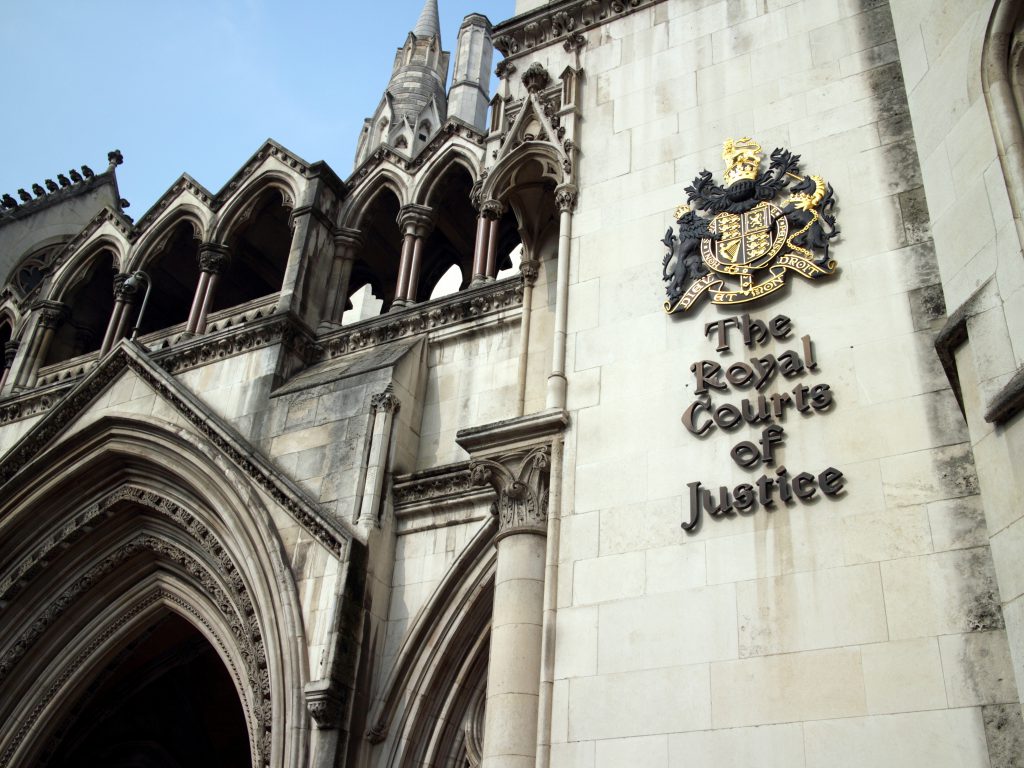
Background facts
The Requested Person (‘RP’) appealed against an order made at Westminster Magistrates’ Court on June 3 2020 to send his case to the Secretary of State for her decision on whether he should be extradited to the Sovereign Base Areas of Akrotiri and Dhekelia (‘SBA’), Cyprus. The offences for which the RP was sought related to the alleged rape and indecent assault of two children, between 1977-1980, on Royal Air Force Station Akrotiri. The allegations were first raised in 1998, when the matter was referred to the Ministry of Defence Police. Following a full police investigation the case was referred to the then SBA Attorney General and Legal Advisor (“the AGLA”) on whether to prosecute. In July 2001, the AGLA decided not to prosecute, on the basis that there was no real prospect of a successful conviction, and this decision was accepted to have been communicated to the RP in September 2001.
In 2017, a further complaint was made by one of the complainants and following a further investigation by Royal Air Force Police, the case was sent for review in 2018. The current ALGA determined that the original decision was wrong, and although the basis for that conclusion was not clarified, a decision to prosecute the RP was made in 2019.
Grounds of appeal
The RP raised two grounds of appeal. First, that extradition would be unjust and oppressive, and therefore barred under section 82 of the Extradition Act 2003 (‘the 2003 Act’), which prohibits extradition where, having regard to the passage of time, to do so would be unjust or oppressive. Second, that to extradite him would be an unjustified interference with his right under Article 8 ECHR to a private and family life.
Court’s decision and reasoning
The appeal was granted on both grounds of appeal, with most attention focused on section 82, in respect of which the first RP made two distinct arguments. The RP’s first submission was that extradition would be unjust because the material from the first investigation in 1998 was either lost or destroyed due to the passage of time. The court however relied on Gomes v Government of the Republic of Trinidad and Tobago [2009] 1 WLR 1038, where the House of Lords equated “unjust” as extending only to a situation where the passage of time rendered a fair trial ‘impossible’, to hold that the missing material to which the RP referred did not inevitably lead to such a conclusion.
The second submission, on which the court granted the appeal, regarded the AGLA’s 2001 decision not to prosecute, now reversed. The court considered that there was a strong public interest in ‘adhering to a decision not to prosecute’ and that reversal of that decision was an exceptional course. The court clarified that, in the absence of any reasoned explanation as to the decision to now prosecute, such as ‘significant further evidence or something else of the like’ suspects such as the RP, ‘ought not to be held hostage to fortune’. As part of its reasoning, the court considered the role of the RP in caring for his wife, who suffered from physical disability and was of advanced age. The court concluded that were the RP to be prevented from continuing in his role as carer, which the judge understood to be an expression of his love and affection for his wife, this would be oppressive.
Given its conclusion on section 82 of the 2003 Act, the court considered it unnecessary to set out its decision on Article 8 in length but was satisfied that the lower court was wrong to conclude that extradition would be a justified interference with the RP’s rights. Notwithstanding that the offences to be tried were serious, in light of the September 2001 decision not to prosecute, the unexplained reversal, the passage of time since that decision, and the very significant impact of extradition on the RP’s wife, the court considered there to be a compelling case that to extradite the RP would constitute an unjustified interference with the rights of the RP and his wife
Comment
The instant case involved a consideration of what constitutes ‘unjust and oppressive’ under section 82 of the 2003 Act, particularly where a Requesting State (‘RS’) has reversed a decision not to prosecute. The key question before the court was whether, given the decision in 2001 not to prosecute the RP, and the 18-year passage of time in the interim, it would have been oppressive to make an order for extradition. In its conclusions on this ground, the court focused on the unqualified nature of the 2001 decision not to prosecute, the fact that this assertion was relied upon by the RP, and that the decision itself appeared based upon a thorough examination of all the evidence available at the time. The court also considered that the AGLA, in deciding to prosecute the RP in 2019, provided no explanation as to why the decision had been reversed, and offered no evidence on whether the circumstances of the case had changed since 2001.
The RP’s successful submissions under this ground provide a useful statement of the distinct requirements under section 82 of the 2003 Act depending on whether it is argued that extradition would be ‘unjust’ or ‘oppressive’. Furthermore, in its consideration of what may constitute ‘oppressive’, the court also potentially extended the remit of section 82, stating that it ‘was not convinced that the notion of oppression for the purposes of section 82 of the 2003 Act’ was such ‘as to exclude the effects of extradition on persons other than the requested person, in an appropriate cases’.
Tags: Article 8, historic crimes Categories: Cyprus, United Kingdom



Recent Comments